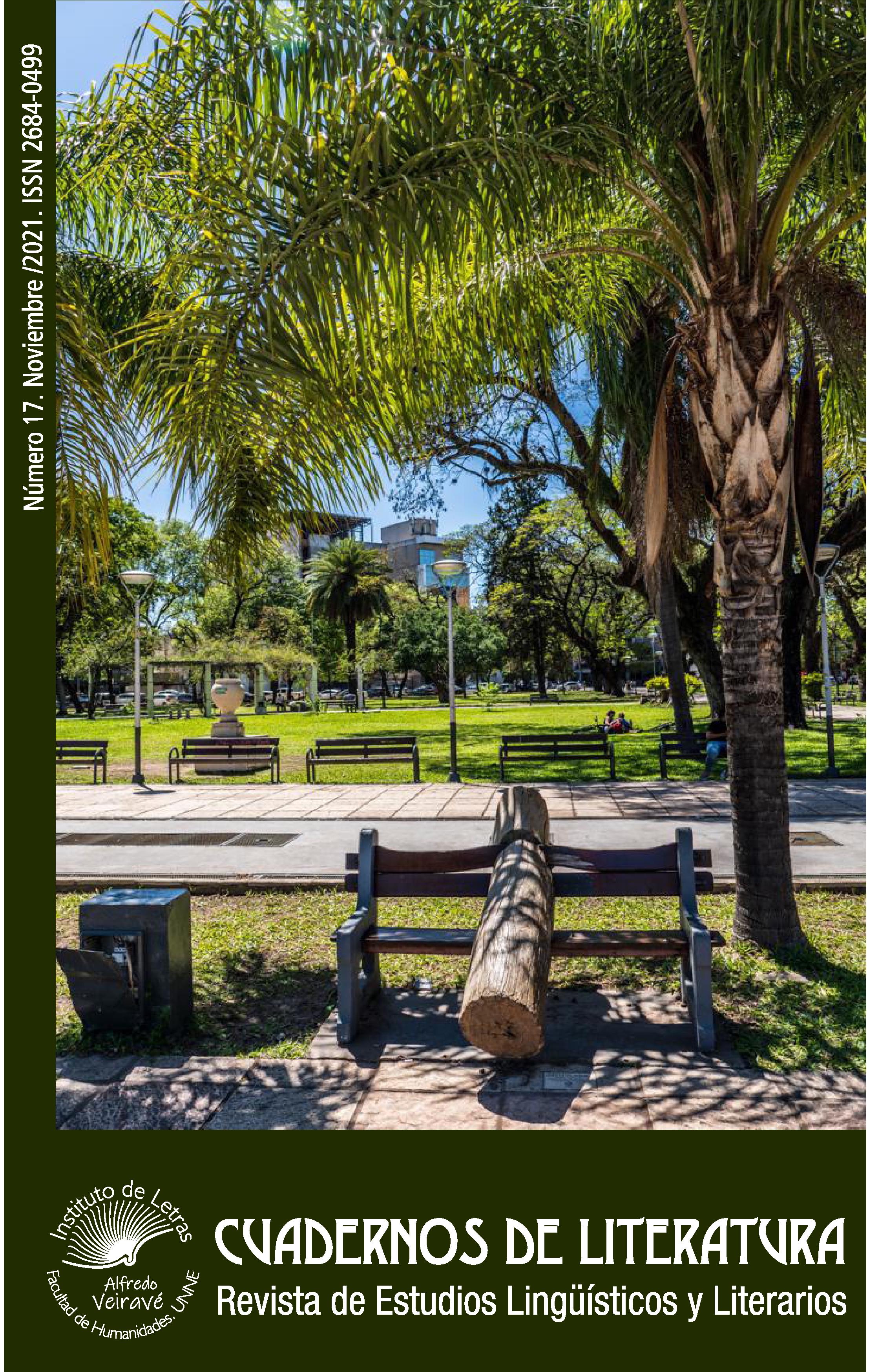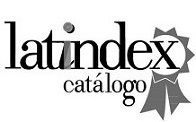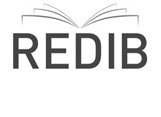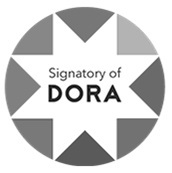Holocaust Literature: the Language of Memory
DOI:
https://doi.org/10.30972/clt.0175707Palabras clave:
Holocaust literature, Language of memory, Witness, SurvivorResumen
Holocaust literature is an artistic expression, which in many ways sits outside the established understandings of literature and its purpose. The Holocaust itself was an event so unique in its complexities that it separated from other historic atrocities. The Holocaust is not just a historical event. It affected psychology, sociology, politics, innovation, medicine, engineering, ethics, morality, and artistic expressions. Throughout this essay, I will argue the case for Holocaust literature: what exactly is it, what unique challenges does it face as a genre, how it is evolving, and how best to read it. Authors in this genre have a great responsibility to present factual information through the use of prose. This is particularly of concern as survivors die and new voices emerge, whether they are the children of survivors or not. The telling of the many stories of the Holocaust can help us all become witnesses of a human tragedy that, although highly secretive and manipulative of language, emotions, and events, affected the entire world.








52.jpg)









